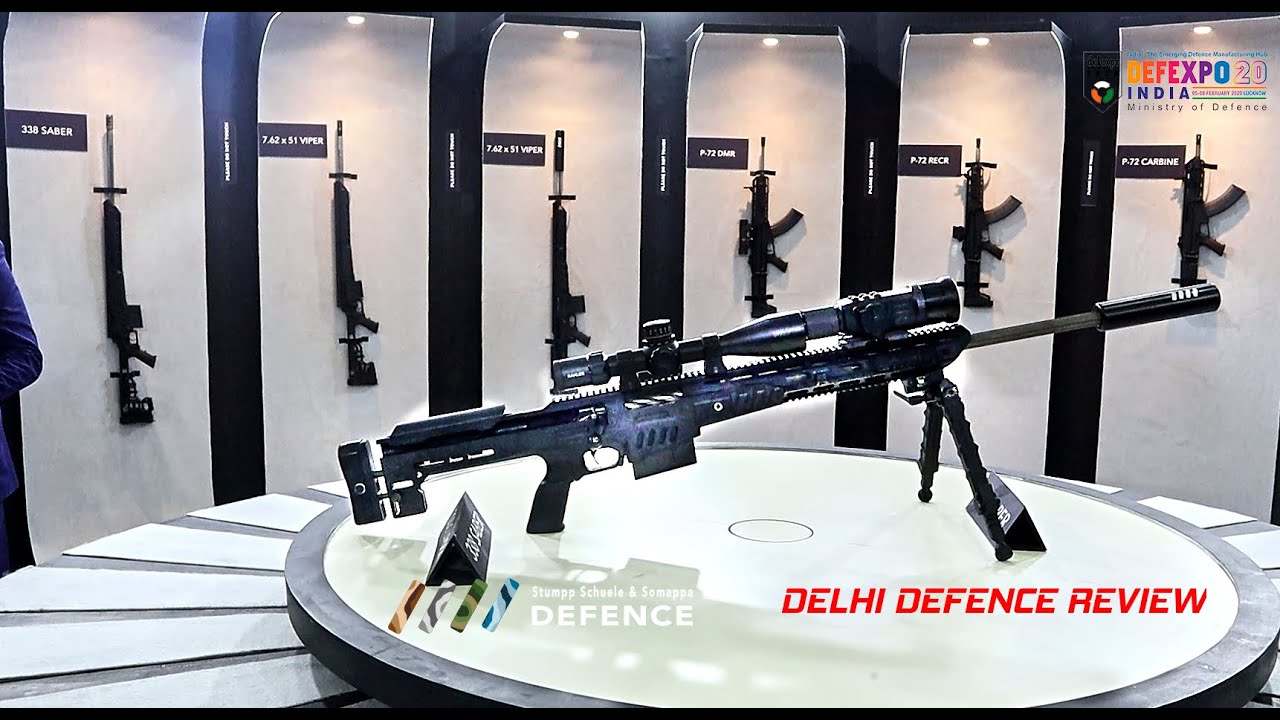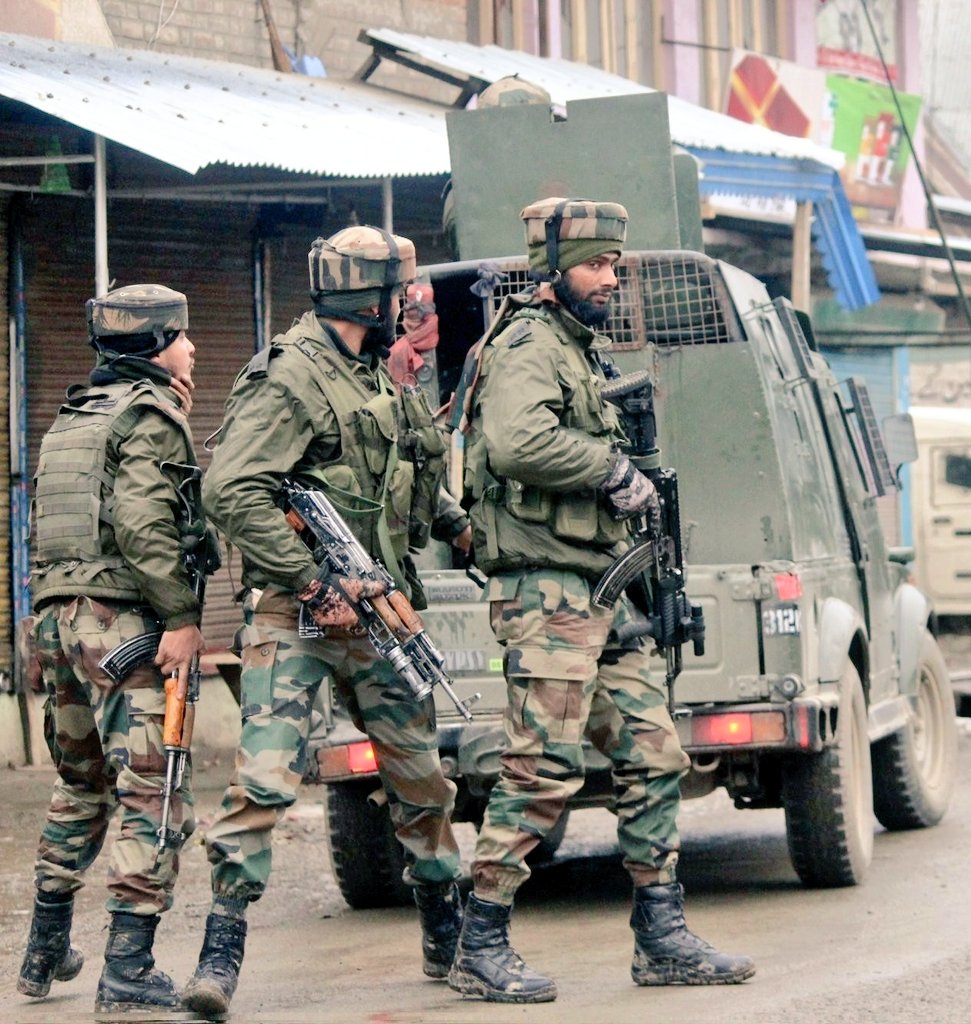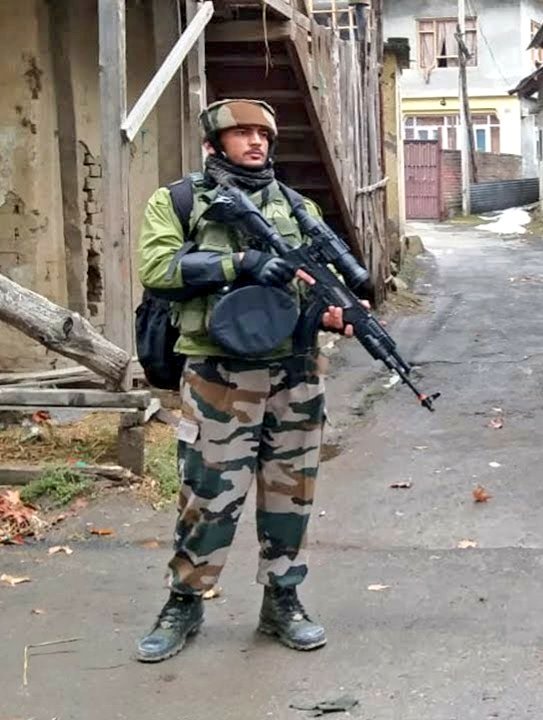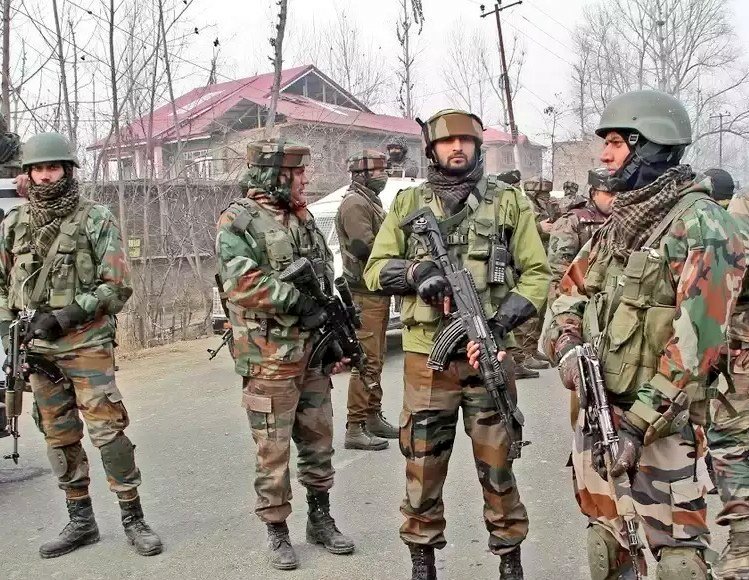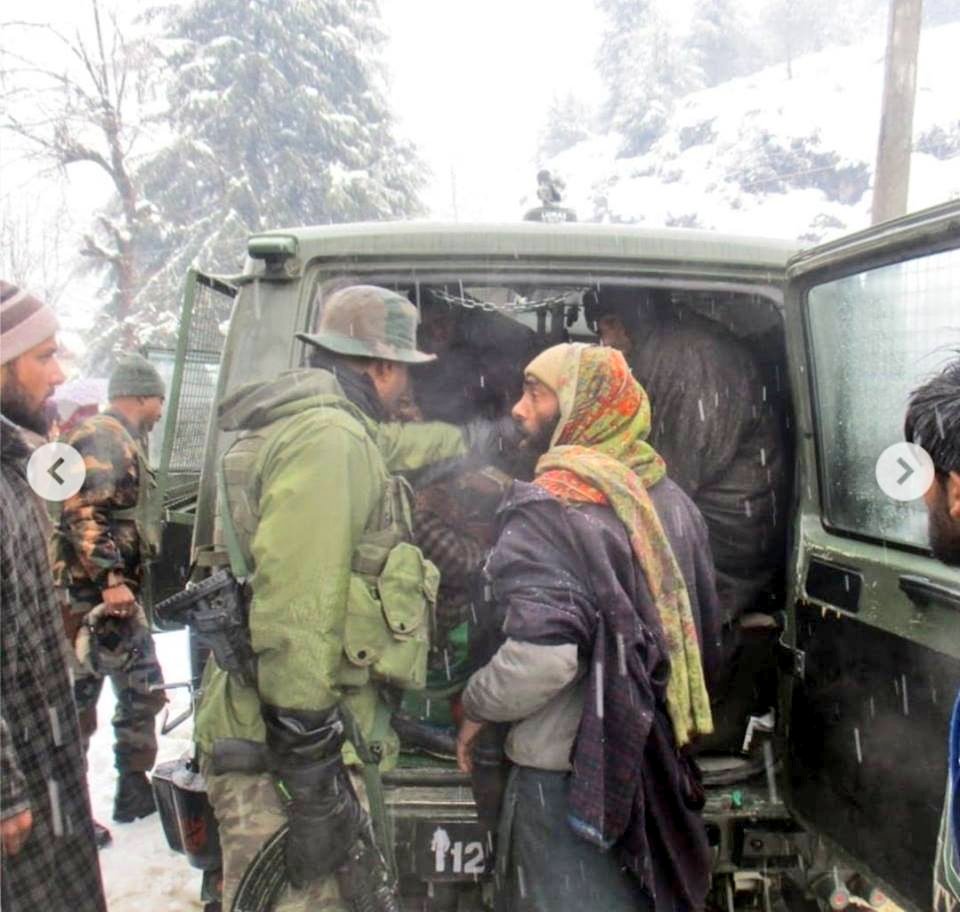Amethi AK-203 factory unlikely to start operations in 2020
The Indo-Russian plan to make assault rifles in Amethi has missed another key milestone over differences in pricing and the travel ban imposed due to the Covid-19 pandemic, making it highly unlikely for the factory to start operations this year.
As per the plan, the OFB-Kalashnikov joint venture (JV) was to arrive at a fair price for setting up and producing almost seven lakh rifles by May-end. This decision was crucial as official plans were in place to commence work at the factory by this year-end.
However, sources said that the project has hit a roadblock now and with a resolution unlikely soon, the factory is not expected to start operations this year. A fresh price bid was to be submitted but commercial terms could not be agreed upon, given the complex nature of the project that involves complete transfer of technology and building the rifles completely in India for the armed forces as well as possible exports in the future.
Besides its political significance, the factory is expected to generate at least 200 new jobs, including those of specialists and would be geared to produce over 70,000 AK 203 rifles annually. It is also expected to foster a larger ecosystem of suppliers as several components are to be outsourced to MSMEs in Uttar Pradesh as part of the Defence corridor plan.
While negotiations are to continue, there are examples of Indo-Russian collaborative projects that have failed to take off even after agreements were signed at the highest levels. The plan to jointly develop a fifth generation fighter aircraft, for example, was shelved after years of work after the Air Force did not give a go ahead. Similarly, discussions have been on for five years to set up a factory to produce Kamov KA 226T light utility helicopters in India but the project has not moved to the contract signing stage.
The OFB is itself going through a churn after the government announced that it would be restructured and corporatised in the coming months, as part of a larger set of reforms for the defence manufacturing sector.
The stalemate is symptomatic of the larger issue that plagues Make in India –– the setting up of new weapons facilities is cost intensive, pushing up the cost of domestically manufactured arms and making them more expensive than direct imports. However, these costs can be brought down in the long run by mass production and pursuing export opportunities.
The order to manufacture a record 670,00 Kalashnikov AK 203 rifles for the Indian Army has been under discussions for over a year now. The joint project is a high priority for both nations, with Prime Minister Modi and President Vladimir Putin known to have taken a personal initiative to take it ahead at the earliest.
The number is likely to increase to at least 750,000 later as requirements of other forces are added to the order. According to the plan, complete transfer of technology of all components will be achieved during the early stage of production. These rifles will replace the INSAS assault rifles currently in service.
The Indo-Russian plan to make assault rifles in Amethi has missed another key milestone over differences in pricing and the travel ban imposed due to the Covid-19 pandemic, making it highly unlikely for the factory to start operations this year. As per the plan, the OFB-Kalashnikov joint...
www.defencenews.in
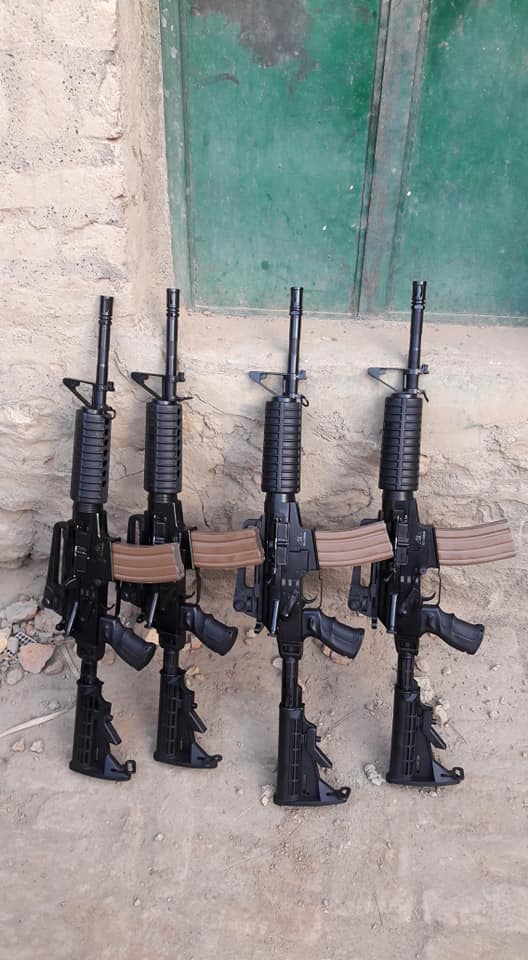
 silahreport.com
silahreport.com

